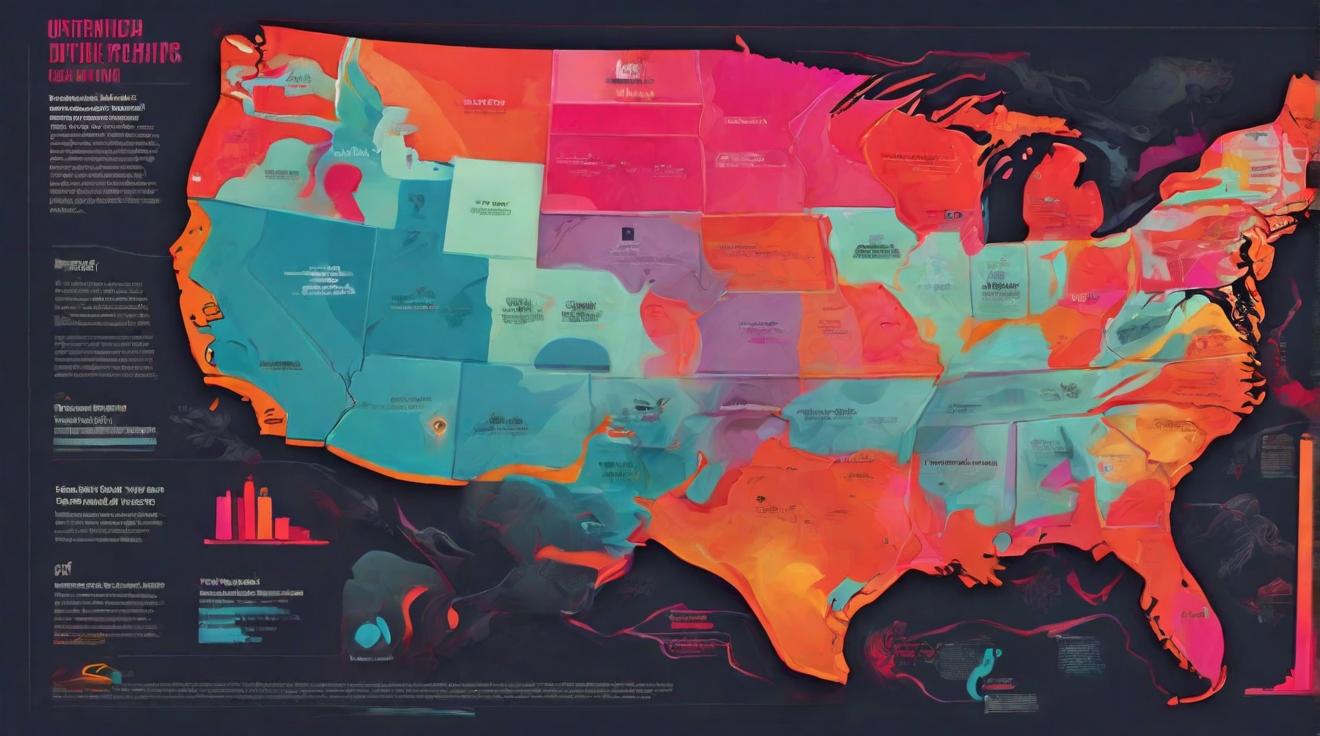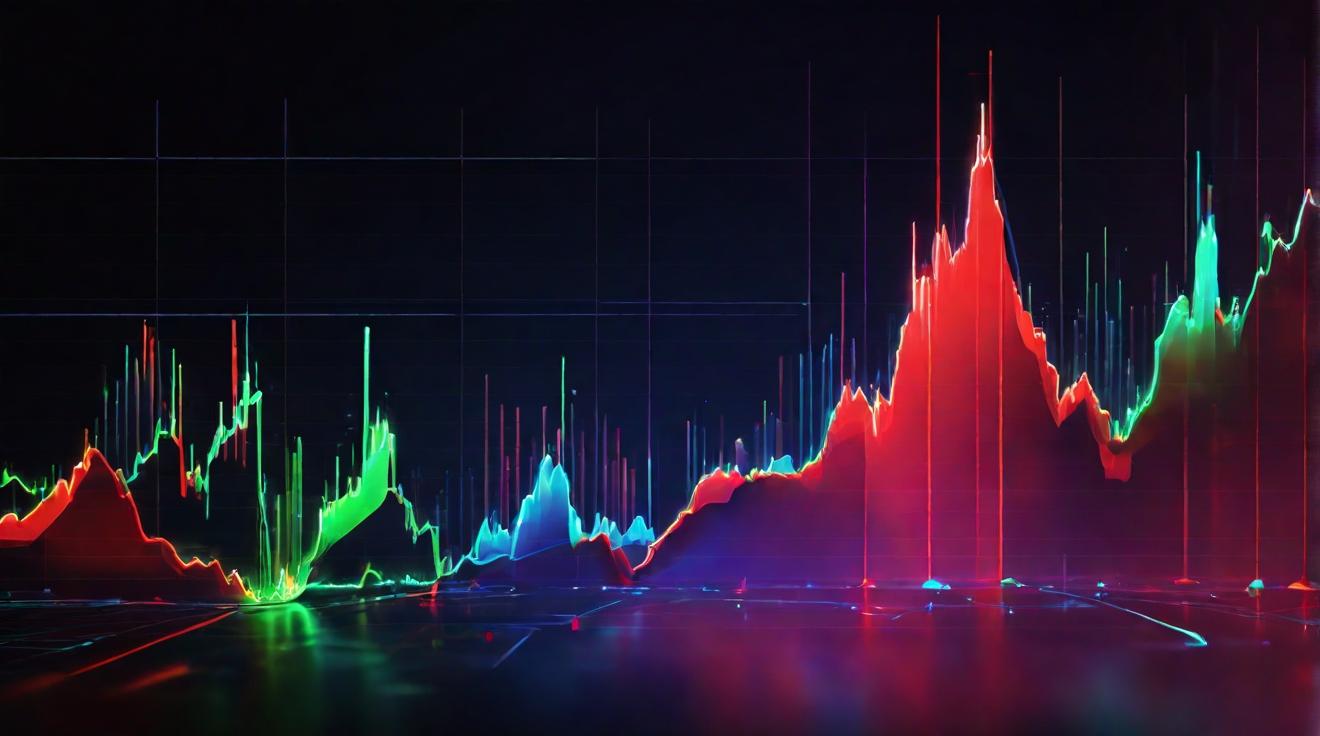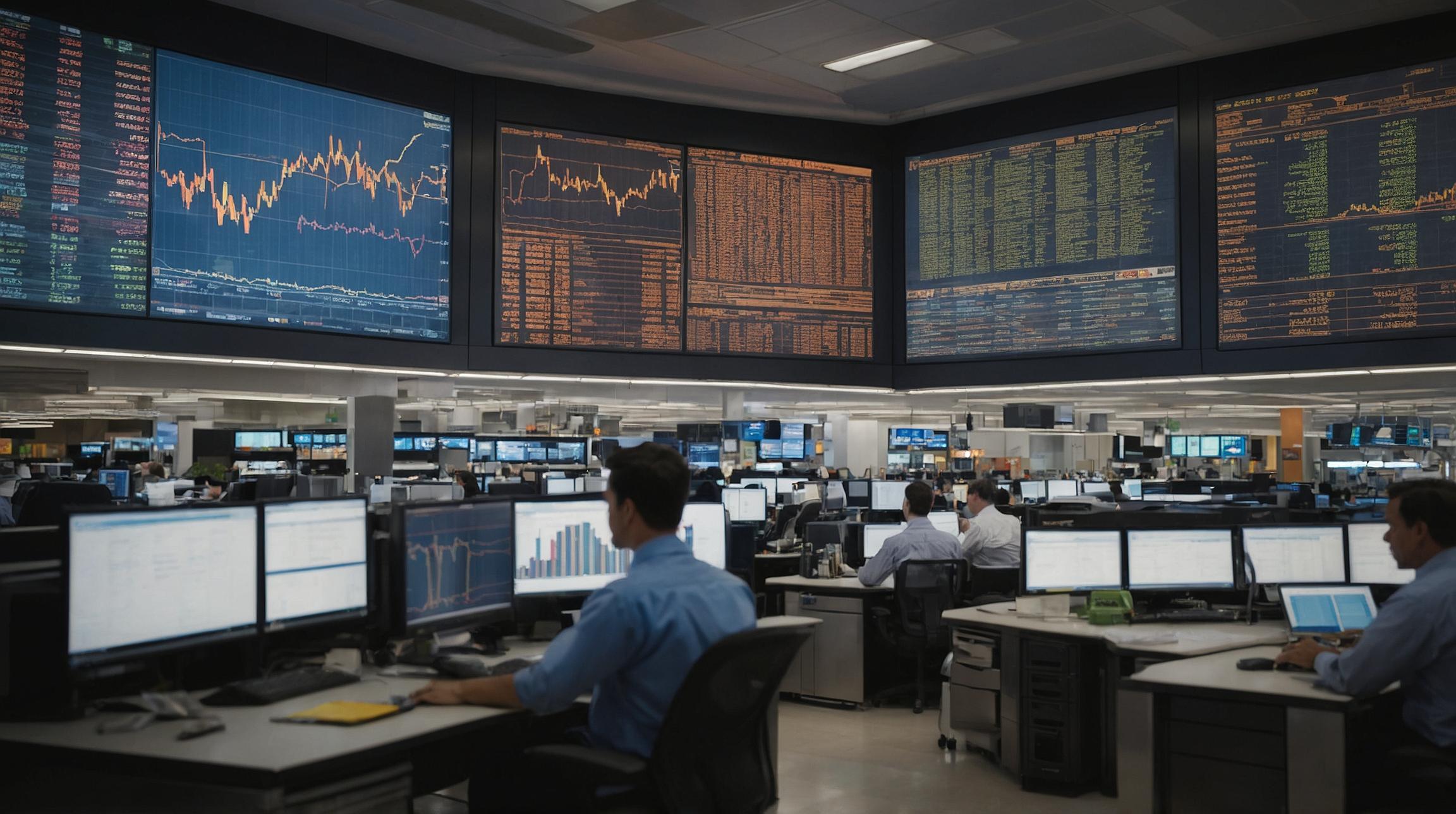AI Highlights Climate Change Denial Trends in the US
In a landmark study published by Scientific Reports on February 14, 2024, researchers from the University of Michigan have unveiled the contours of climate change skepticism across the United States, drawing on advanced artificial intelligence (AI) and social media analytics. This comprehensive examination reveals a critical insight: nearly 15% of Americans deny the reality of climate change, shedding light on the significant disparities in belief across different regions and demographic groups.
Utilizing AI to sift through more than 7.4 million geocoded tweets from between 2017 and 2019, the study offers an unprecedented look at the social anatomy of climate denial in America, highlighting the role of influential public figures like former President Donald Trump in perpetuating skepticism. This analysis not only maps belief and denial across states and counties but also delves into the demographic patterns of skepticism, providing a novel approach to understanding public opinion on climate change.
Geographical and Demographic Insights
Key findings from the analysis indicate a higher rate of climate change denial in the central and southern United States, with states like Oklahoma, Mississippi, Alabama, and North Dakota showcasing notably high percentages of skeptics. Contrastingly, belief in climate change remains strong along the West and East Coasts.
The research spotlights stark differences within states, such as Texas, where denial rates range from 13% in Travis County to an alarming 67% in Hockley County. These variations underline the complex landscape of climate change opinion in America, challenging the notion of uniform state-wide belief systems.
Political Affiliation and Skepticism Correlation
A significant correlation emerges between political affiliation and climate change skepticism, with a higher percentage of Republican voters aligning with denial. This political divide is further emphasized by links between climate denialism and low COVID-19 vaccination rates, suggesting a broader trend of skepticism towards scientific consensus among certain demographic groups.
Influence of Public Figures and Information Echo Chambers
The study identifies Donald Trump as a pivotal influencer, alongside media outlets like The Daily Wire and Breitbart, and commentators such as Ben Shapiro, in shaping climate change discourse. These figures have contributed to the formation of distinct social media echo chambers, where misinformation proliferates largely unchecked.
Researchers note the concerning lack of interaction between these echo chambers, highlighting the challenges in bridging the divide between belief and denial in the climate change debate. The identification of influential nodes within social networks presents an unprecedented opportunity to target misinformation and foster a more informed public discourse.
Addressing Misinformation and Moving Forward
As the findings underscore the significant impact of misinformation on public opinion, there is a growing call for social media platforms to adopt more stringent policies in combating false narratives. The study suggests that flagging misinformation and restricting the spread by influential deniers could be crucial steps in ensuring public safety and fostering resilience against the effects of climate change.
In the face of escalating climate crises, this groundbreaking research provides critical insights into the social dynamics of climate change denial, offering a pathway towards more effective communication strategies and, ultimately, a more scientifically literate society. The detailed examination of geographical, demographic, and political factors influencing skepticism illuminates the need for targeted interventions to combat misinformation and enhance public understanding of climate change realities.
Analyst comment
Positive news: This study highlights the prevalence of climate change denial in the US, providing valuable insights into the geographical, demographic, and political factors influencing skepticism. It emphasizes the need for targeted interventions to combat misinformation and enhance public understanding of climate change realities.
Market impact: The findings of this study could contribute to a stronger focus on combating climate change denial and misinformation. This may result in increased efforts from social media platforms to adopt more stringent policies, potentially leading to improved public understanding and awareness of climate change. This could drive demand for sustainable products and services, as well as investments in renewable energy and climate mitigation measures.













